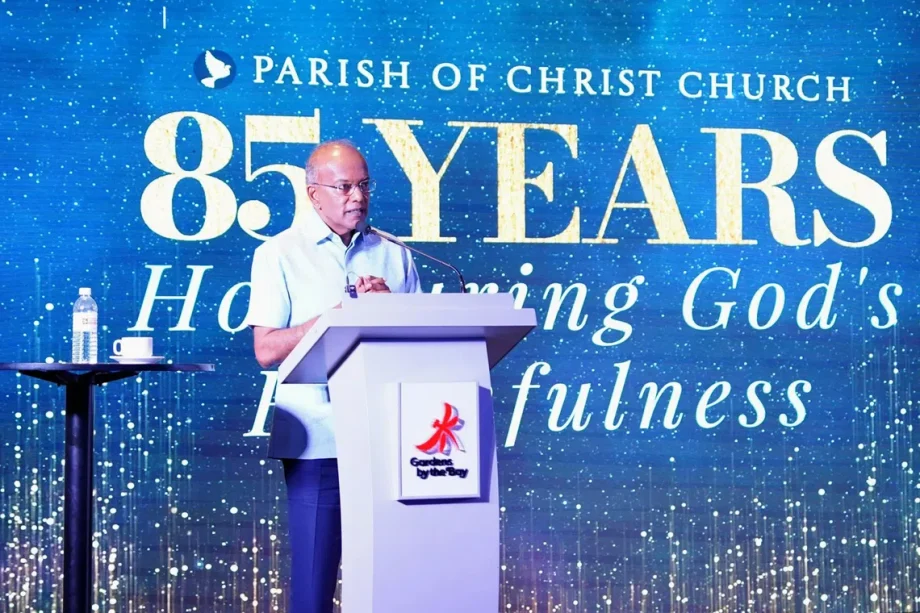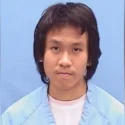SINGAPORE – Around the world, religion and ethnicity are being used to divide societies – and Singapore is not immune to these pressures, said Coordinating Minister for National Security K. Shanmugam on Oct 10.
That is why the religious harmony Singapore enjoys should not be taken for granted, said Mr Shanmugam at the Parish of Christ Church’s 85th anniversary and fund-raising dinner.
Through social media and the internet, Singaporeans are more exposed to happenings around the world, he noted, including religious tensions.
Still, Singapore has maintained “a very precious peace” which must be preserved for future generations, said Mr Shanmugam, who is also Minister for Home Affairs.
“It’s incumbent on all of us as Singaporeans to continue the work, so that our next generations can continue to inherit a Singapore that has this kind of religious and racial harmony,” he said.
He outlined three principles that have helped Singapore build religious harmony.
First, while the state is secular, “we recognise that religion is a very powerful force”, he said.
“We don’t bring religion into politics or politics into religion in a very obvious way,” he said.
“At the same time, because of the power of religion, we recognise the good work that can be done,” said Mr Shanmugam, citing efforts by churches and other religious establishments in the community, including helping prisoners reintegrate into society from a life of crime.
A person’s religious beliefs and values will inevitably inform their political views, and the way they engage with society, he added.






